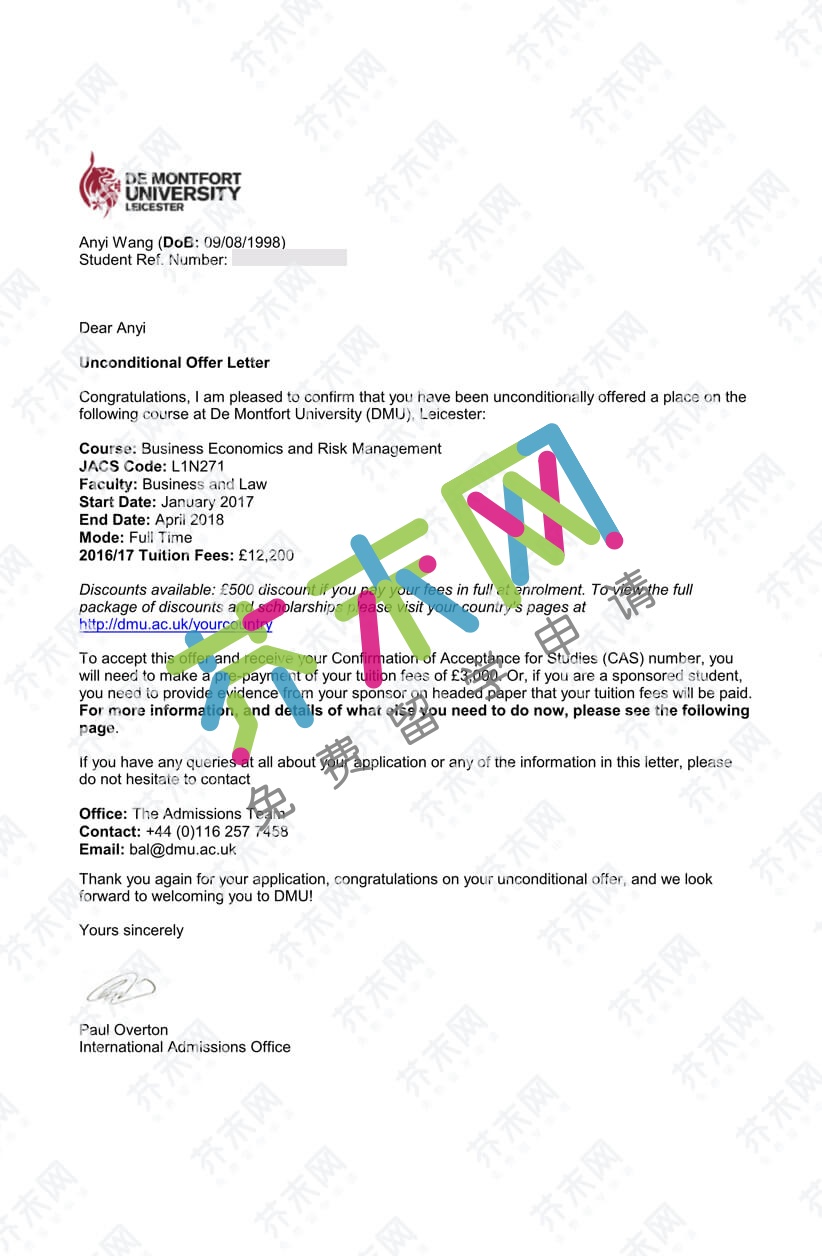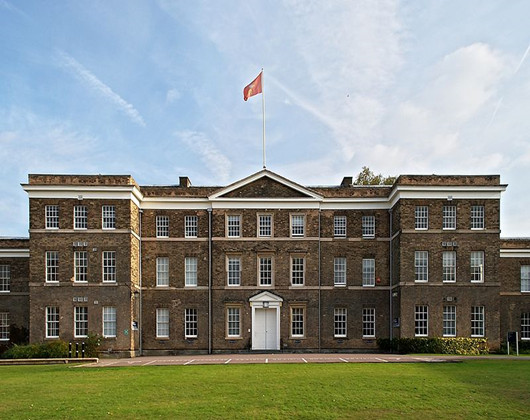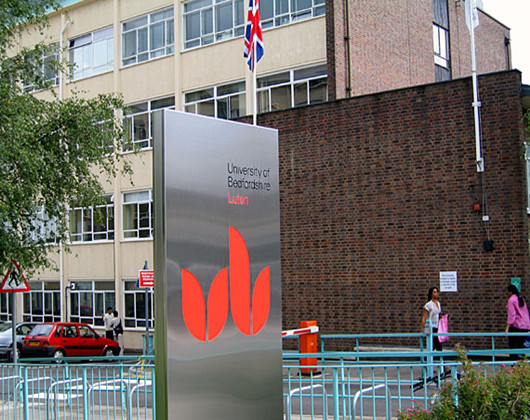Macroeconomics in a Global Context - presents an analysis of how the macroeconomy works in a global environment that is subject to international trade and factor endowment flows. You will gain the skills to relate the theory of macroeconomics to recent world events and debate the implications of macroeconomic policy. Economics and Strategic Analysis - the aim of this module is for you to understand they key strategic decisions that individuals, firms ad organisations, face and the consequence of those decisions. You will also learn how to apply microeconomic models to solve current economic problems. Risk Management - it is now recognised that the business agenda has moved away from risk avoidance towards the recognition that risk, if correctly managed, can lead to competitive business advantage. You will learn how to identify and manage risks within an organisation. Business Continuity and Crisis Management – develops a historical and contemporary understanding of business continuity management and crisis management theory and practice that fits within broader strategic imperatives. Internal Control and Audit – recent cases of corporate failures and scandals, especially in the US and the UK, have heightened public interest in how organisations are being governed and how management tackles business risks. You will be exposed to the crucial role internal control mechanisms and the internal audit function play in organisations’ risk management procedures. Managing Complexity, Uncertainty and Conflict – offers the opportunity to experience problem structuring methods, in the classroom, and to consider their potential application in your project dissertation and/or future work. Research methods – introduces you to the basic elements of research methodology and the complete range of research methods suitable for research in finance, accounting, management and business. It also aims to help you in defining a research topic and the production of a suitable research proposal for your dissertation.
 日本
日本
 韓國(guó)
韓國(guó)
 英國(guó)
英國(guó)



























